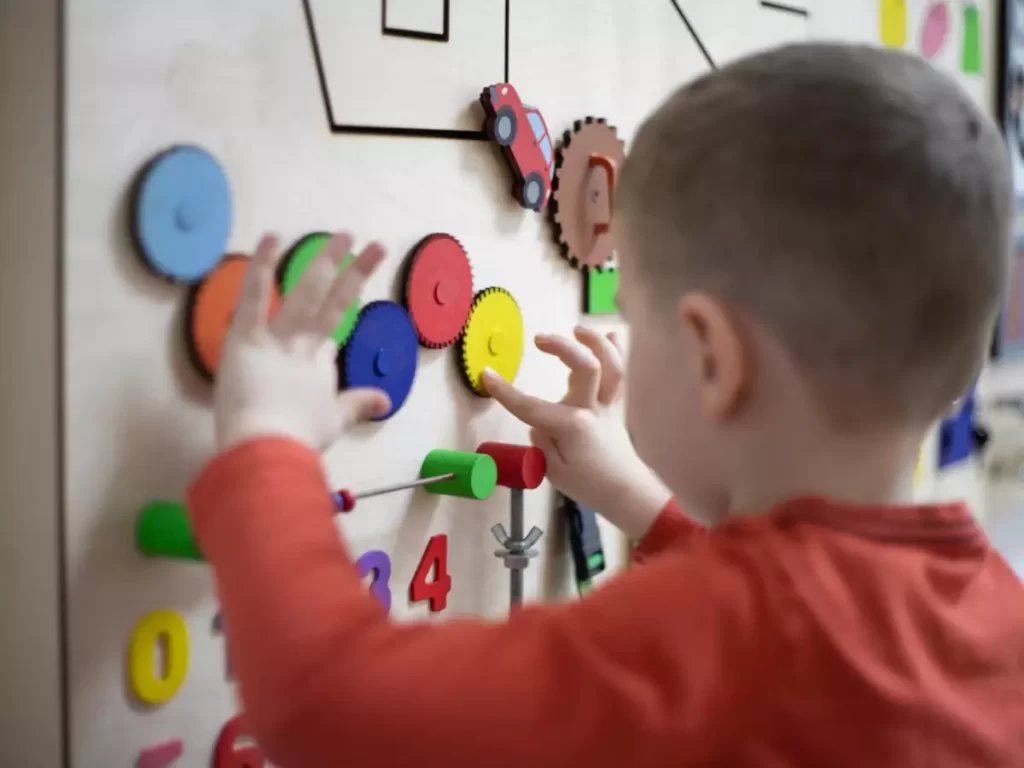Autism is a disorder characterized by communication difficulties and atypical behavior. It is a developmental disorder with a range of symptoms and signs. The World Health Organisation refers to it as autism spectrum disorder, which encompasses various conditions related to brain development. Approximately one in 100 children has autism.
Unfortunately, there are several myths surrounding autism that can lead to individuals being ignored or bullied in society. This detrimental effect often causes individuals to withdraw from social participation. The lack of awareness and hesitation to accept this condition within families also contribute to delayed treatment. Due to insufficient education about this neurodevelopmental disorder, people with autism still face limited acceptance within communities.
In this article, we aim to debunk common myths about autism:
Myth: Autism is a mental health disorder
Reality: Autism is a developmental disorder, not a mental health problem. It impairs the way individuals communicate and experience the world around them. They may encounter difficulties in socializing and may also experience co-occurring mental health disorders such as anxiety, attention deficit hyperactivity disorder (ADHD), or depression due to abnormalities in brain structure and neurotransmitter levels.

Myth: Autism only occurs in boys
Reality: Although autism is more commonly seen in boys, it does occur in girls as well. A 2017 report estimated a ratio of 4.2 boys with autism for every girl. Many experts attribute this imbalance to genetics and social factors. Misdiagnosis or underdiagnosis of autism in females is a significant reason why the data is skewed towards males. It is possible that girls with autism do not receive the same support and opportunities as their male counterparts.
Myth: Autism is a result of poor parenting
Reality: Autism is a neurodevelopmental disorder and is not caused by parenting or parenting styles. In the past, before research shed light on autism, there was a misconception that parenting was responsible. However, despite increased awareness and knowledge, many people still mistakenly believe that parenting can lead to autism. It is important to understand that while genetics play a crucial role in the development of autism, parenting does not.
Myth: Autism can be cured
Reality: Unfortunately, there is no cure for autism spectrum disorder. However, experts agree that it can be managed, and individuals can learn relevant skills. According to experts at MayoClinic, treatment aims to reduce autism symptoms, support development and learning, and maximize the individual’s ability to function. Early intervention during preschool years can help children with autism learn critical social, communication, functional, and behavioral skills.
Myth: Autistic individuals are violent
Reality: This is another misconception about autism. The impact of this misinformation is significant, leading to discrimination in educational institutes, playgrounds, and social gatherings. Autistic individuals are often ostracized, prohibited from interacting with other children, and confined indoors. Inclusion and acceptance are far from being considered for individuals with autism.
Myth: Autistic individuals do not have emotions
This myth is incorrect. While individuals with autism may struggle with social interactions, it does not mean they lack emotions. They are capable of experiencing love and can form romantic relationships, get married, and raise children.

It is important for people to understand that autistic individuals may express their emotions differently or have difficulty in socializing, but this does not mean they are devoid of emotions. They may appear cold or uncaring at times, but it is crucial to recognize their unique way of showing love and provide support accordingly.
Now, let’s address some common questions about autism:
What is autism?
Autism, also known as autism spectrum disorders, encompasses a range of conditions characterized by difficulties in social interaction and communication, atypical patterns of behavior and activities, and unusual reactions to sensory stimuli.
What causes autism?
The causes of autism are multifactorial, involving genetic and environmental factors. However, social factors can also impact the severity of the condition in a child. It is vital to recognize the signs of autism early and seek help from therapists and professionals.
What are the symptoms of autism?
Symptoms of autism can include difficulties in social interaction, along with restricted and repetitive behavioral patterns.



